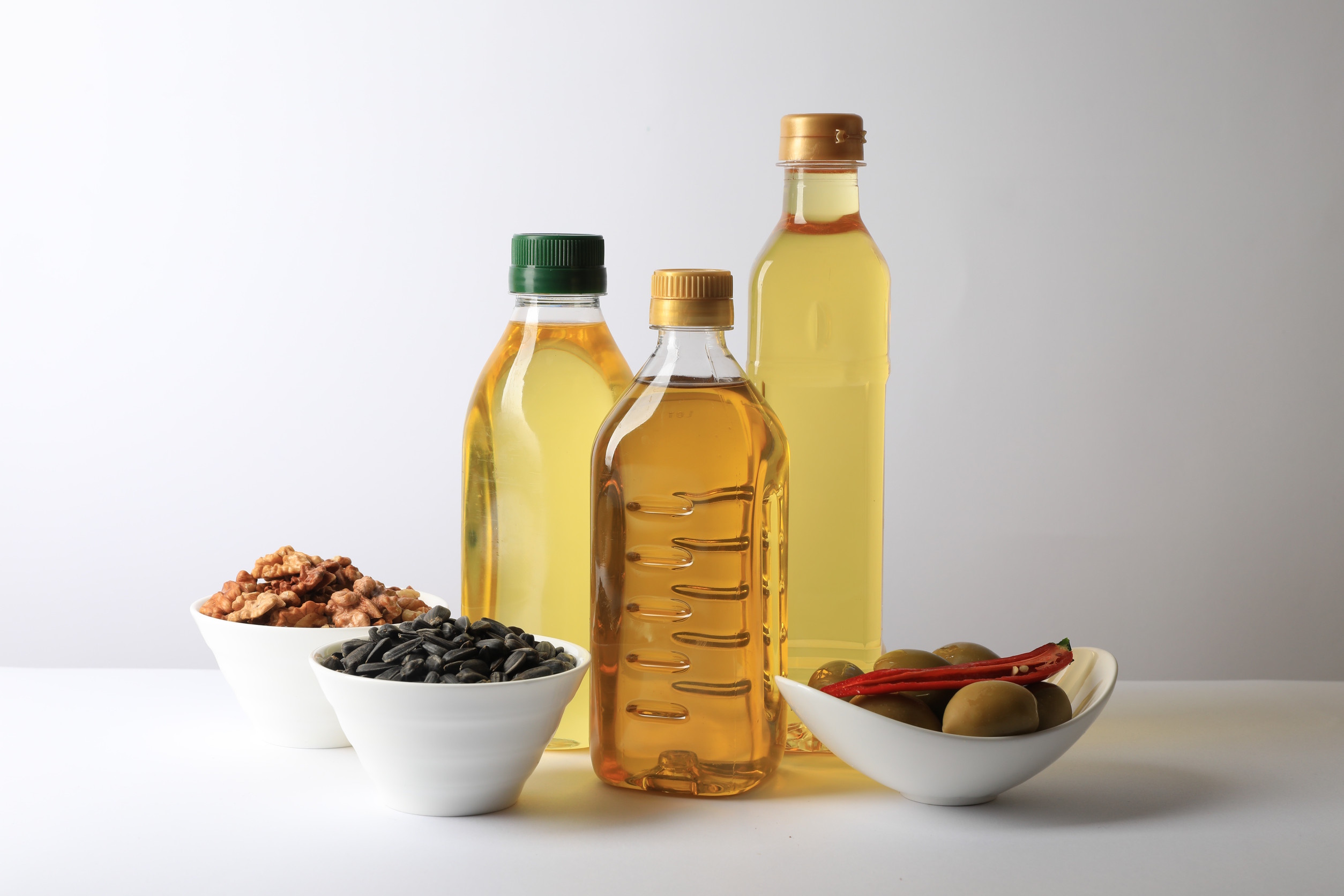Are seed oils good or bad? Seed oils like canola and soybean are under fire, with critics linking them to inflammation and disease, and experts citing heart health benefits. EEW Magazine dives into the controversy driving policy shifts and consumer choices.
For years, oils like canola, soybean, and corn have been kitchen staples across America. But recently, the term “seed oils” has gained traction, thanks to internet influencers, wellness advocates, and political figures shining a spotlight on these common cooking oils.
Critics have dubbed the top refined vegetable oils—canola, corn, cottonseed, grapeseed, soybean, sunflower, safflower, and rice bran—“the hateful eight.”
They argue these oils may contribute to inflammation and chronic conditions like obesity and diabetes. Robert F. Kennedy Jr., the new U.S. health secretary, has called seed oils a hidden danger, claiming Americans are being “unknowingly poisoned” by them. He’s even pushed for fast-food chains to ditch seed oils in favor of beef tallow, a rendered animal fat once widely used for frying.
On the flip side, nutrition scientists point to decades of research suggesting seed oils offer health benefits, particularly when used instead of saturated fats like butter or lard. The debate has left consumers questioning what’s in their food—and whether it’s time to rethink their cooking habits.
“Critics argue ultra processed seed oils may contribute to inflammation and chronic conditions like obesity and diabetes. ”
What Are Seed Oils?
Seed oils are exactly what they sound like: oils extracted from plant seeds. The process typically involves pressing or crushing the seeds, then refining them with heat and chemicals like hexane to create a clear, neutral-tasting product. The result is an affordable, shelf-stable oil that can handle high cooking temperatures without smoking.
These oils are rich in unsaturated fats, including omega-6 fatty acids, which are essential for health but must come from our diets since our bodies don’t produce them. They’re low in omega-3s, another essential fatty acid. By comparison, oils like olive and avocado—derived from fruit, not seeds—are often less processed and retain more natural compounds, though they’re pricier and less heat-tolerant.
Are Seed Oils Good or Bad?
Answering the question of are seed oils good or bad leads to controversy these days.
Critics like Kennedy raise two main concerns. First, they point to the refining process, suggesting that traces of hexane—a chemical used to extract the oil—might remain and pose health risks. Second, they argue that the high omega-6 and low omega-3 content creates an imbalance that could fuel inflammation and chronic disease.
Food scientists counter these claims. Eric Decker, a professor at the University of Massachusetts Amherst, says hexane residues are minimal and not a significant risk. Meanwhile, Ohio State University’s Martha Belury, a fatty acid expert, notes that studies show omega-6 fats from seed oils don’t markedly increase inflammation markers. Research from groups like the American Heart Association also highlights that plant-based oils can lower “bad” cholesterol and reduce heart disease risk compared to saturated fats.
Still, the critics’ message resonates. Some link the rise in seed oil use—up sharply in recent decades—to America’s growing reliance on fried, fast, and ultraprocessed foods, which dominate the food supply. Groups like the Seed Oil Free Alliance argue these oils add empty calories, crowding out more nutrient-dense options.
Shifting Tastes and Policies
The debate has sparked action. Brands are reformulating products to drop seed oils, and chains like Sweetgreen have swapped them out for alternatives. A recent survey from the International Food Information Council found many Americans now actively avoid seed oils. At the same time, Kennedy’s call for beef tallow has reignited interest in older cooking fats, though scientists note tallow’s high saturated fat content comes with its own health trade-offs.
Dr. Marty Makary, tapped to lead the FDA, weighed in during a Senate hearing on March 6, 2025, suggesting a fresh look at the evidence. “Seed oils are a good example of where we could benefit from a consolidation of the scientific evidence,” he said.
What’s Next?
AS a certified nutritionist in Orange County I agree that both sides agree on one thing: more research could clarify the picture. For now, consumers face a choice. Critics say cutting seed oils could improve health, while experts suggest moderation and variety—pairing seed oils with omega-3-rich foods like fish or opting for olive oil when possible.
Corey Nelson of the Seed Oil Free Alliance sees it as a matter of options: “Just like low-sodium or low-sugar foods, people should be able to choose products without seed oils if they want.” Meanwhile, Decker advises focusing less on the oils themselves and more on reducing ultraprocessed foods overall.
As the conversation heats up, one thing’s clear: seed oils have gone from pantry staples to a full-blown health debate—and it’s not cooling down anytime soon.
Click here to answer the question are seed oils good or bad. To get more reliable nutrition advice follow the best nutritionist in Orange County.






